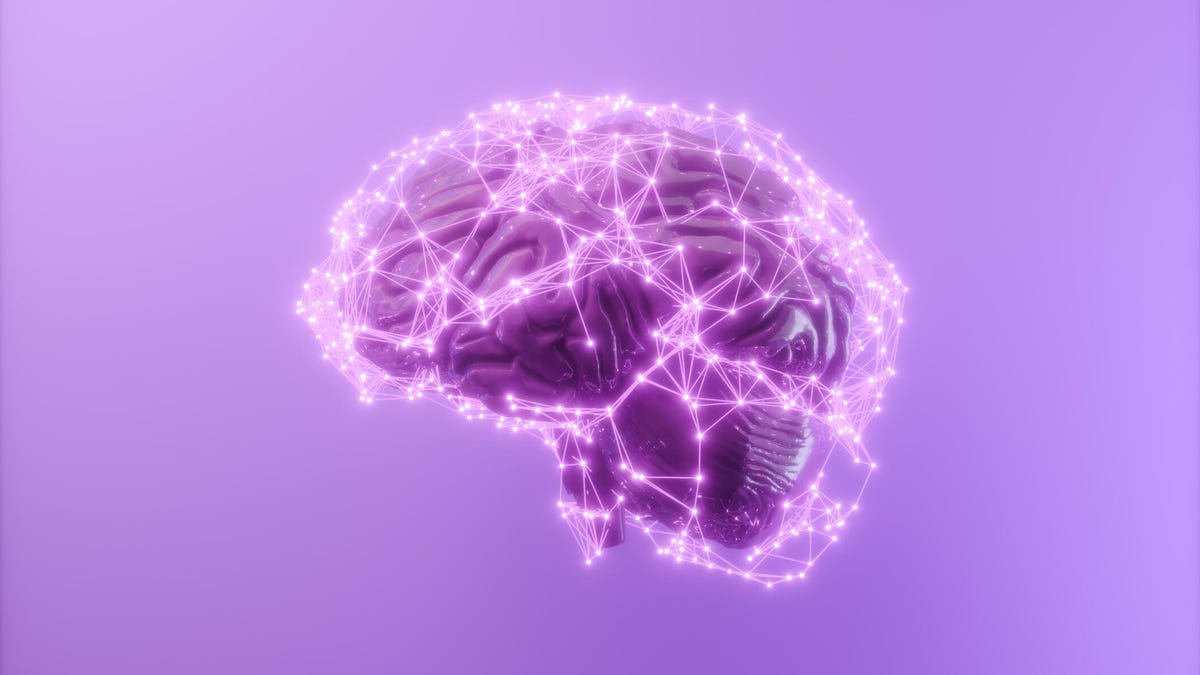OpenAI Adds Free Instant ChatGPT Access for Everyone. Here's Why That Matters
The company is introducing a more limited version of the generative AI tool, in the "land grab phase of AI."

You no longer have to sign up for an account before using the popular AI chatbot ChatGPT, after a move this week by OpenAI, the company behind the tool. The change results in access to a new, more limited version of ChatGPT, and it's meant to broaden the tool's reach beyond its 100 million weekly users as OpenAI battles rivals and stakes out territory on the AI frontier. The change could lead to improvements in ChatGPT, but it raises concerns as well.
The new version of ChatGPT is the same model that was previously available in the free tier — GPT-3.5 — but with a few more restrictions, according to a company spokesperson. The change makes it easier to start conversations with the bot, the spokesperson said, adding that OpenAI's mission is to "make tools like ChatGPT broadly available."
That's a mission presumably shared by the companies behind rivals like Claude, Copilot, Firefly and Gemini, which are also keen to convince consumers to give their tools a shot in a field without much, if any, oversight. As a result, it's a moment in which we're moving toward greater accessibility to generative AI — but also greater responsibility for users.
Andrew Frank, a distinguished analyst at research firm Gartner, called this the "land grab phase of AI adoption."
"In that phase, with any technology, the idea is to get as many users as accustomed to using your product as you can, and price is no object," he said. "You really just want to get the territory settled first and then figure out how to monetize it."
Frank noted OpenAI dropping its account requirement signals that "they do perceive more of a competitive threat than they did a year ago when this all was so new."
As of April 1, anyone can visit chat.openai.com and begin interacting with ChatGPT 3.5. OpenAI is rolling out the access gradually, the company said in a blog post.
Logged-in users will be able to do more with ChatGPT, like save and review chat history, share chats, and unlock features like voice conversations and custom instructions. To set up an account, you must provide your email address, a password, your full name and your birthday — and agree to OpenAI's privacy policy.
ChatGPT also offers a subscription tier. Through the $20 a month ChatGPT Plus plan, consumers can access GPT-4, a more advanced model, which can generate more text and respond to images, among other talents. (GPT-4 is also available for free via Microsoft Copilot.)
In doing away with the account requirement, OpenAI is throwing down a gauntlet to rivals — and positioning itself as a front-runner in adoption and potential market share, said Jason Alan Snyder, global chief technology officer at ad agency Momentum Worldwide.
The upsides are numerous for both OpenAI and the public. For starters, you can immediately try out what ChatGPT has to offer. "This is great for the casually curious or for anyone deciding if it's the right tool for them," Snyder said.
It also invites what Snyder called "serendipitous inspiration," which could help you discover new uses for an AI chatbot. But it benefits OpenAI, too, by delivering a larger, more diverse user base, which will help the company improve ChatGPT — and potentially lead to what Snyder called "a more accurate and helpful AI."
By lowering friction for new users, OpenAI stands to gain an advantage in collecting data and feedback so it can improve ChatGPT in the future. That's because OpenAI retains "certain data" from interactions, which it uses to improve its models (though users can opt out).
Of the account change, Rory Mir, associate director of community organizing at the Electronic Frontier Foundation, said any data minimization is a good thing, noting that privacy is a particular concern with AI chatbots. "We wouldn't want Google to require accounts for search, for example," Mir said.
Meanwhile, as part of making accounts unnecessary, OpenAI is adding safeguards meant to ensure the chatbot's outputs are "appropriate for all age levels," the spokesperson said. That includes blocking prompts and outputs in a wider range of categories.
Gartner's Frank said letting anyone dive right into using an AI chatbot is not without its dangers. "We've certainly learned that on the internet anonymity has its risks," he said. "Obviously, OpenAI recognizes the higher level of risk associated with allowing people anonymous access to a tool like this."
But he questioned whether OpenAI is the right body to be regulating itself.
As with "any other technical innovation that affects the entire public, there is going to need to be some kind of neutral oversight that represents the public interest," Frank said. "And I think that perhaps moves like OpenAI opening this up to everyone might accelerate the development of some kind of regulatory body."
Beyond concerns about anonymous users potentially creating mean-spirited content or scams, Snyder said lack of accounts means ChatGPT can't remember user preferences, so it won't be able to provide a personalized experience for users who don't log in.
Nevertheless, he's optimistic that the removal of barriers "sparks a global, collaborative experiment in human-machine co-creation."
Moving forward, Snyder said, we have to keep in mind that not all information generated by ChatGPT will be reliable or harmless, that even AI-assisted words and actions have consequences and that how we use ChatGPT will affect how it evolves.
Editors' note: CNET used an AI engine to help create several dozen stories, which are labeled accordingly. For more, see our AI policy.

